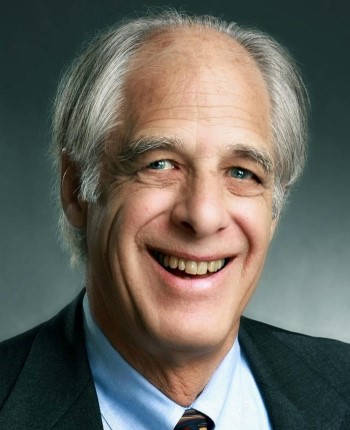Articles
Marx Mediation Memo #9
MEDIATION ALERT
March, 2019
Counsel should be aware of recent legislation which imposes new responsibilities when mediation is contemplated. The impetus for this development actually arose years ago,
in the decision of the California Supreme Court in Cassel v. Superior Court, 51 Cal. 4th 113, 119 CR 3d 437 (2011). Cassel was particularly noteworthy
in that the Court, upholding and applying strict mediation confidentiality requirements (see Evidence Code 1115, et seq.), precluded admission of any evidence of discussions
which occurred for the purpose of or pursuant to a mediation – including discussions between client and counsel - in a subsequent action by the client against counsel for malpractice.
Cassel generated considerable discussion in the mediation community and in the legal community generally. Various proposals were floated which, e.g., would have carved
out some sort of exception to mediation confidentiality in any subsequent action for legal malpractice. Fortunately, in the view of many, including this writer, those proposals
came to nothing. What ultimately did occur was enactment of new legislation discussed below, mandating that counsel advise the client of mediation confidentiality requirements
which, with very limited exceptions, effectively preclude disclosure of what was said or written for the purpose of or pursuant to a mediation, and also, that counsel advise
the client specifically that such communications may not be used in any subsequent action against counsel for malpractice.
This new legislation is set forth in Evidence Code Section 1129, which requires (Section 1129(a)) that as soon as reasonably possible before the client agrees to mediate,
except in class or representative actions, counsel provide the client with a printed disclosure containing the mediation confidentiality restrictions set forth in
Evidence Code Section 1119, and, obtain a printed acknowledgement signed by the client, stating that he or she has read and understands those confidentiality restrictions.
Furthermore, the legislature included in Evidence Code Section 1129 specific language which counsel may use to satisfy the disclosure requirements, and it is
worth noting that this language expressly states that with rare exceptions, communications between counsel and client in preparation for and during a mediation cannot be used
in any subsequent suit against counsel for malpractice, thus presumably preventing the client from being blindsided with this evidentiary prohibition should any action for
malpractice be considered at some point after the mediation has concluded.
Note also that it is clear that attorneys may be subject to discipline for failure to comply with the new disclosure requirements contained in Evidence Code
Section 1129. This is reflected by new language added to Evidence Code Section 1122, which in subpart (a)(3) provides that a communication or a writing, made or prepared for
the purpose of, or in the course of, or pursuant to, a mediation or a mediation consultation, is not made inadmissible, or protected from disclosure, if:
“The communication, document, or writing is related to an attorney’s compliance with the requirements described in Section 1129 and does not disclose anything said or done or any
admission made in the course of the mediation, in which case the communication, document, or writing may be used in an attorney disciplinary proceeding to determine whether the attorney
has complied with Section 1129.”
Evidence Code Section 1122(a)(3) thus appears to constitute a not very subtle warning that counsel ignore the disclosure and acknowledgement requirements of Evidence
Code Section 1129 at their peril.
The specific language provided in Section 1129(d) which will satisfy the printed disclosure and acknowledgement requirements must be printed in at least 12 point
font, on a single page, in the preferred language of the client, and must include the names of counsel and client and be signed and dated by each.
For convenience of counsel, following is a form containing the language specified in Section 1129(d), which is expressly deemed to comply with Section 1129(a):
Questions (and suggestions) are always welcome. Feel free to contact me directly at the telephone number or email address below, and of course if you wish to schedule a mediation,
contact me or simply contact my Case Manager at ARC, Ms. Nicole Bethurum, (310) 284-8224, nicole@arc4adr.com.
Peter J. Marx, (310) 442-0052, peterjmarx@earthlink.net.
© Peter J. Marx, 2019

